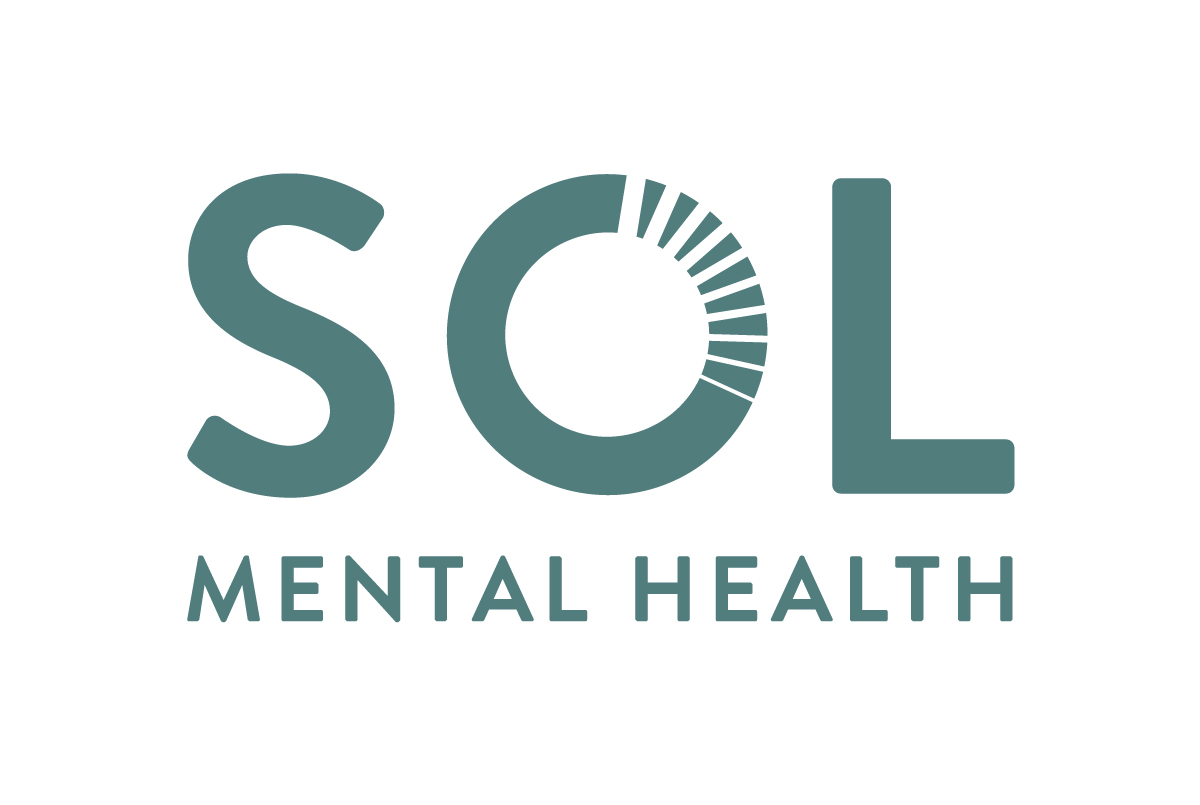When Are Obsessions a Problem?
OCD is a term that is thrown around a lot, but what does it actually mean? While many people may struggle with “obsessive behavior,” that does not necessarily mean they have OCD. So when does this behavior indicate a bigger problem? Let’s take a look.
OCD stands for Obsessive-Compulsive Disorder. This common anxiety disorder can cause unreasonable thoughts, fears, worries, and obsessions. Compulsions are used to help deal with the obsessions—they’re repetitive and purposeful actions that an individual feels compelled to complete based on rules they created.
Common Obsessions and Compulsions
Common obsessions that occur with OCD include:
- A strong obsession with dirt or germs
- Fixation with order/symmetry
- Aggressive thoughts about harming yourself or others
- Doubting and having difficulty handling uncertainty
Common compulsions can include:
- Repeated hand-washing (often 100+ times per day)
- Repeatedly checking that the door is locked or the oven is off
- Following intense rules for order such as putting clothes on in the same order every day or alphabetizing spices, and becoming upset when the order is disrupted
- Counting
While some people may experience some obsessive or compulsive feelings, it is important to know when it means further action may be needed. When the obsessive thoughts will not go away, and the compulsions interfere with daily life and relationships, that could be a sign that you need to speak with a professional. Remember, this is not the same as being a perfectionist or appreciating order. OCD causes disruption and reduces one’s quality of life.
Think You Have OCD? Here’s What to Do
Treatment can vary depending on a variety of factors, including age and medical history. Medications can be used if needed, which your provider will be able to help determine. Everyone requires different needs, even when being treated for similar conditions, which is why we take a personal approach at SOL Mental Health.
As you begin to approach your OCD treatment, there are some useful things to keep in mind. Stay patient with yourself. This is your journey and no one else’s. Don’t spend time comparing yourself to others, as everyone has their own pace. It is also important to be open to risks. Addressing OCD can be scary, but it is most beneficial if you keep an open mind in treatment. Additionally, remember to make your voice heard and be honest with your therapist. This will make your care that much more effective.
Remember to always reach out to a mental health professional. If you are experiencing something that might be OCD, we are here to help. At SOL Mental Health, we offer counseling for a variety of mental health conditions, including OCD. Reach out today to learn more and begin your mental health journey!
